
When we bring our feathery friends to our homes for the first time, it’s hard to imagine how many things are potentially harmful (or even lethal) to them. Here is a list of a few things to look out for, and to make sure that your bird keeps far away from.
 These days, everyone’s homes contain Teflon-coated cookware. When Teflon is heated past a certain level, the non-stick coating breaks down and is released into the air as fumes. These vapours, when inhaled by birds, cause inflammation in their respiratory systems. Birds have more efficient respiratory systems, capable of transferring more oxygen from the air into their bodies with every breath. This also means that they absorb far more toxins than we do, which is one reason that Teflon poisoning is so lethal. The inflammation causes suffocation and lethargy, and if the bird is not removed from the area immediately and taken for emergency treatment, can cause the bird to die. Cook in a well ventilated area and keep your bird far away from where you are cooking, whether you are using Teflon or not. Cooking fumes in general are dangerous for birds.
These days, everyone’s homes contain Teflon-coated cookware. When Teflon is heated past a certain level, the non-stick coating breaks down and is released into the air as fumes. These vapours, when inhaled by birds, cause inflammation in their respiratory systems. Birds have more efficient respiratory systems, capable of transferring more oxygen from the air into their bodies with every breath. This also means that they absorb far more toxins than we do, which is one reason that Teflon poisoning is so lethal. The inflammation causes suffocation and lethargy, and if the bird is not removed from the area immediately and taken for emergency treatment, can cause the bird to die. Cook in a well ventilated area and keep your bird far away from where you are cooking, whether you are using Teflon or not. Cooking fumes in general are dangerous for birds.
This is for the same reason as the above. Since a bird’s respiratory system is far more sensitive than ours, it’s important to keep any strongly smelling substances away from them.
It’s amazing how many deaths are caused by bird toys each year. Anything from unravelling rope (which can cause a bird to hang itself), to small beads or substances which can be swallowed. Beaks can be caught in the gap between poorly-closed O-rings, which can cause the bird to seriously injure itself. Some toys are not made with pet-safe materials, and be aware that toys meant for other pets, such as dogs or cats, are not meant for your birds. For example, catnip, which is in many cat toys, is a potential toxin to birds. Be aware of where you are buying your toys, and monitor them every day to look for unravelling ropes or potential hazards.
Ensure that when you buy your bird’s cage, the width of the spacing between each bar is small enough so your bird cannot get its head through. It may get stuck and injure itself trying to get out. Also, some cages are galvanized, which can harm your bird through zinc poisoning. Go with a cage you know is zinc-and lead free, and even avoid the ones that are zinc coated in powdered paint. The paint will chip off over time, exposing the metal underneath. Many people prefer rope perches, as they are both comfortable and flexible, having grooves which can prevent cramps in a bird’s foot. However, if you do decide to go for these, regularly check the perches to make sure there are no unravelled strings that could get caught in your bird’s foot.
 I cannot emphasize this one enough, not only because of the damage it could do to your bird, but the effect it could have on you if you unknowingly roll on top of your bird during the night, and find it lifeless in the morning. There have been many cases of owners who regularly slept with their birds at night, and woke up one morning to find out that they had fallen too deeply asleep. They do like to snuggle with their partners while sleeping or resting, so if your bird is bonded to you, it will likely want to come up and snuggle into you as far as it can burrow. This is dangerous if you aren’t aware of it. Your bird is safest in its cage at night, so keep it there and make sure the door is locked.
I cannot emphasize this one enough, not only because of the damage it could do to your bird, but the effect it could have on you if you unknowingly roll on top of your bird during the night, and find it lifeless in the morning. There have been many cases of owners who regularly slept with their birds at night, and woke up one morning to find out that they had fallen too deeply asleep. They do like to snuggle with their partners while sleeping or resting, so if your bird is bonded to you, it will likely want to come up and snuggle into you as far as it can burrow. This is dangerous if you aren’t aware of it. Your bird is safest in its cage at night, so keep it there and make sure the door is locked.
While not enough studies have been done to prove this, hot-mist humidifiers do contain a Teflon-heating coil. It’s unknown whether this coil would heat up enough to break down the Teflon coating, but as a precaution, it is better to check with your humidifier’s provider.
If you have any house plants around your home, know that some of them may be toxic to your pet. Don’t allow your bird to go near them, as some have a tendency of wanting to eat at the leaves.
 Similar to the above, there are some fruits, or parts of fruits that are also toxic to birds. Examples are apple seeds (or the area around the seeds), avocados, egg plants, olives, etc. Also note that some fruits are high in sugar, and while not toxic to birds, it is not often healthy for birds to ingest too many sugary foods.
Similar to the above, there are some fruits, or parts of fruits that are also toxic to birds. Examples are apple seeds (or the area around the seeds), avocados, egg plants, olives, etc. Also note that some fruits are high in sugar, and while not toxic to birds, it is not often healthy for birds to ingest too many sugary foods.
Make sure your children know how to handle a bird. Some are too young to properly understand that your bird is not a toy, so keep it out of harm’s reach.
There are countless dangers for birds in our homes, but hopefully this list helped you think about some of those dangers you may not have considered. Some things can be lethal for our pets, and it is important to ensure that we remove as many of these potential hazards as we can.
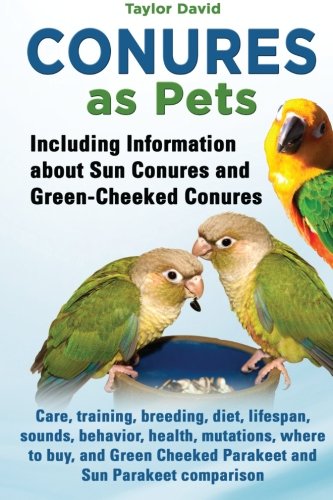 The Green Cheek Conure as a Pet
I’ve owned birds for a
The Green Cheek Conure as a Pet
I’ve owned birds for a
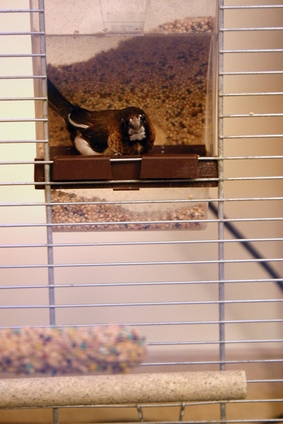 Homemade Indoor Bird Cages
Homemade Indoor Bird Cages
Homemade In
Homemade Indoor Bird Cages
Homemade Indoor Bird Cages
Homemade In
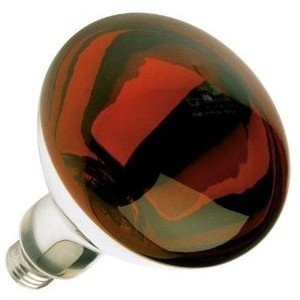 How to Hatch Abandoned Poultry Eggs
Abandoned EggsAn emergency method of hatching them
How to Hatch Abandoned Poultry Eggs
Abandoned EggsAn emergency method of hatching them
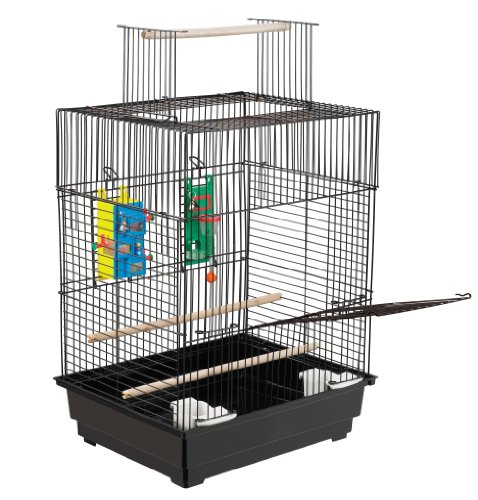 Tips for Keeping and Teaching Your Pet Birds to Talk
Cockatiels, more commonly kn
Tips for Keeping and Teaching Your Pet Birds to Talk
Cockatiels, more commonly kn
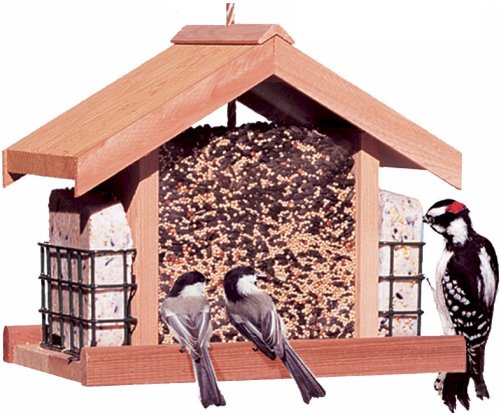 Learn what you need to Breed Indian Ringneck Parrots
Birds are beautifulThere are so many beautiful
Learn what you need to Breed Indian Ringneck Parrots
Birds are beautifulThere are so many beautiful
Copyright © 2005-2016 Pet Information All Rights Reserved
Contact us: www162date@outlook.com